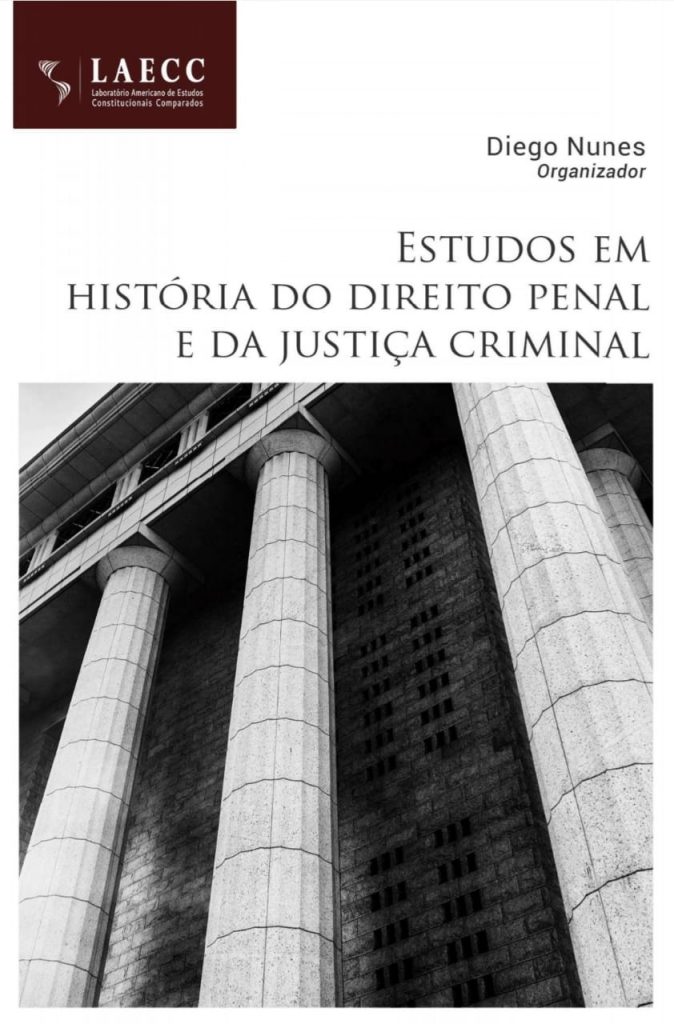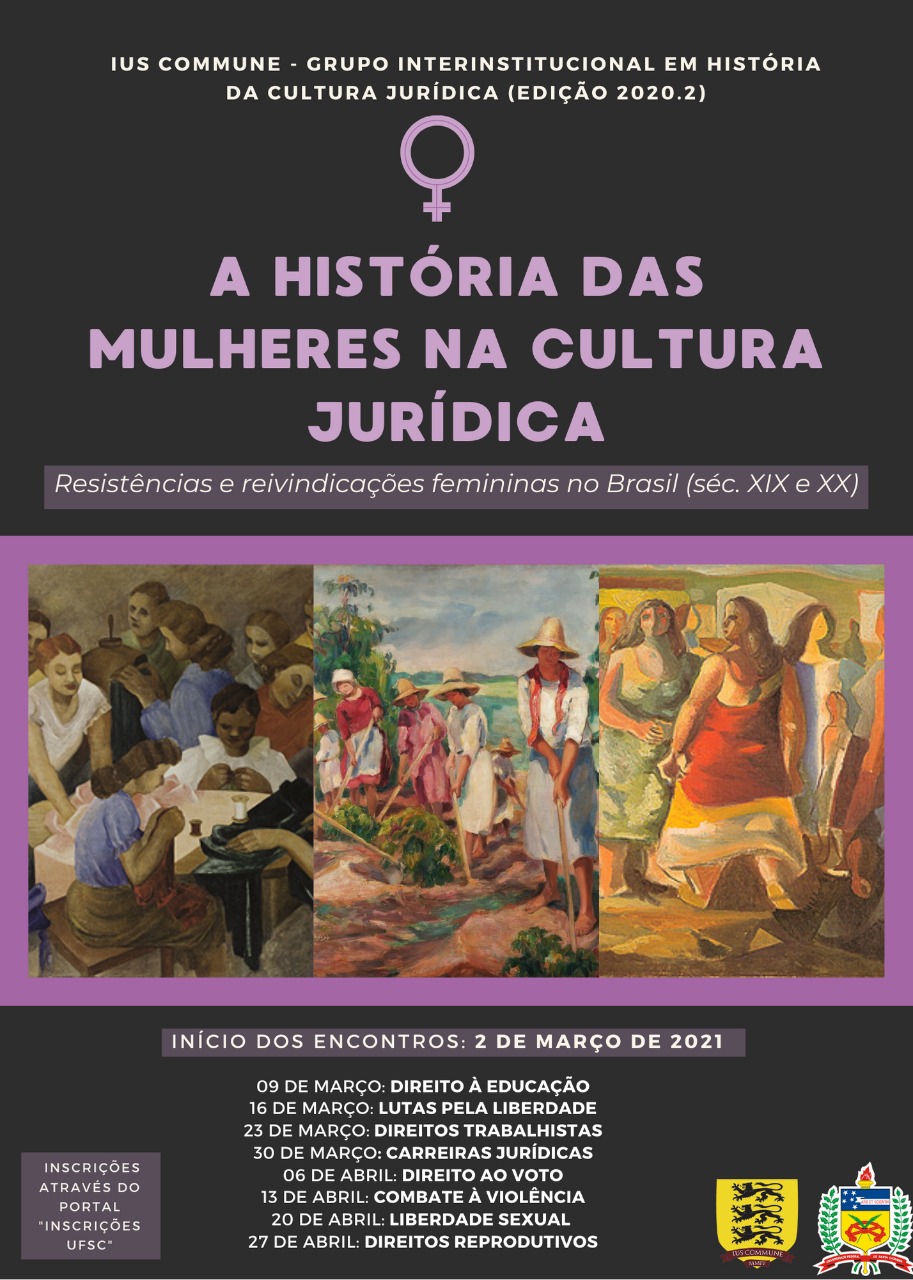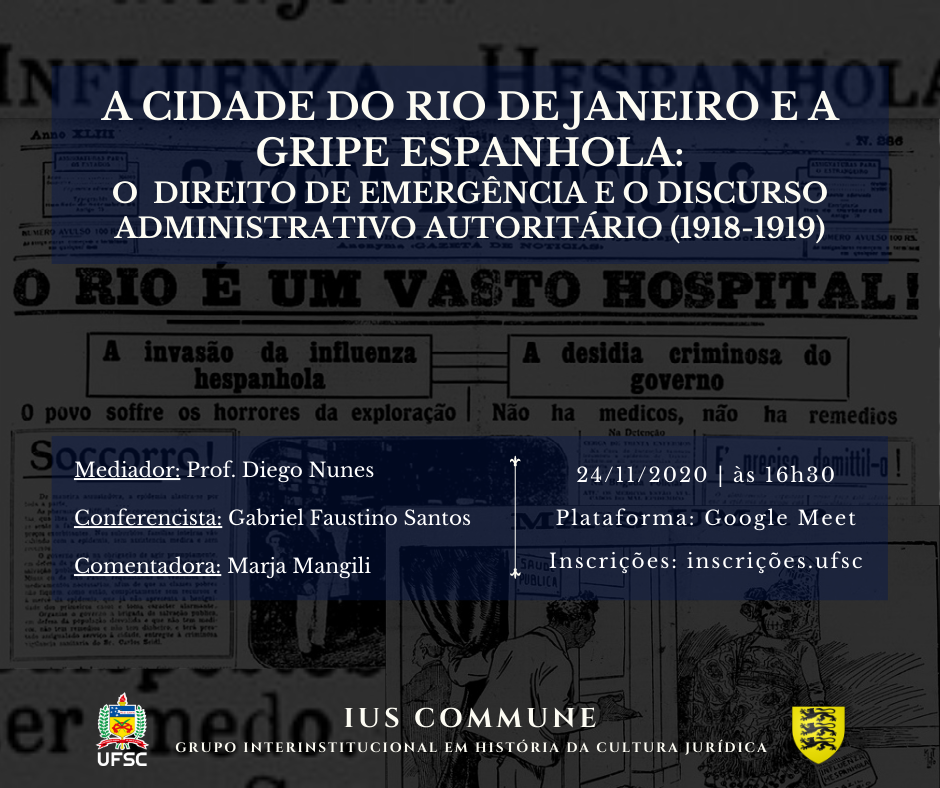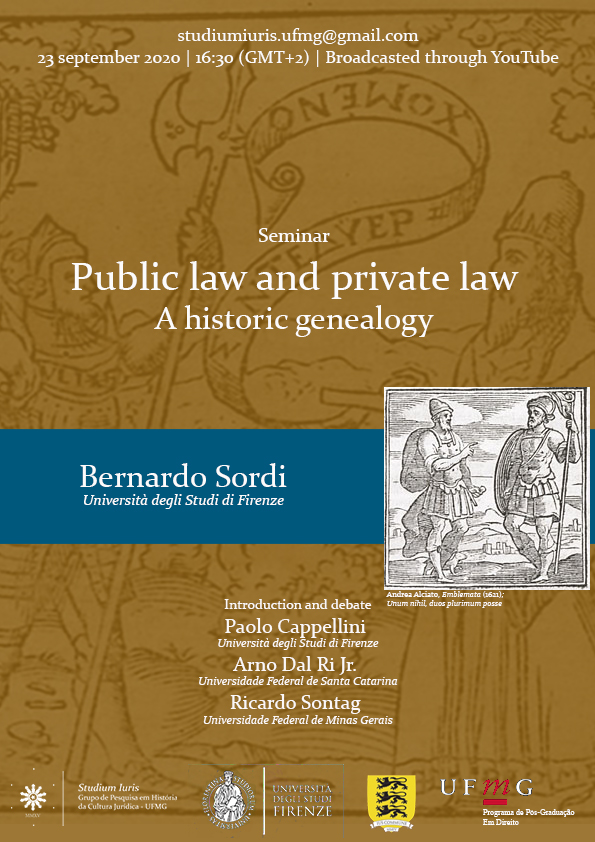
Ending the year with a golden key, Ius commune promotes the launch of the book entitled “State Racism and Its Ways to Make Death”, next Tuesday, 15/12, at 14h. This powerful writing book is the result of Lorena Silva Oliveira’s master’s thesis in philosophy, nominated for the Philosophers Award.
Born in the city of Prata, Minas Gerais, Lorena Oliveira holds a Master’s degree and a Degree in Philosophy from the Federal University of Uberlândia. Currently, doctoral student in Philosophy by the Post-Graduation Program in Philosophy / PPGF-UFRJ. She is a researcher in African and Afrodiasporic Political Philosophies and Education for Ethnic-Racial Relations.
The book is an invitation to reflect on the discovery of the mechanics of the device called racism and its modus operandi in a perspective of necropower, which results in the genocide of black youth. The author considers this investigation “a motto of life”. To this end, it articulates the conceptions of Michel Foucault and Achille Mbembe, based on the concepts of biopower, state racism and necropolitics.
The expansion of this reflection is urgent and necessary in the area of the legal sciences. Likewise, it is fundamental to construct spaces of intersubjectivation with the other areas. It is a painful path, but above all necessary for the construction of the possibility of recognition of humanity and of the future for the black population.
The event will take place via live on Youtube, which will be recorded and made available on our Channel. Participation in the webconference will grant a 2h/class certificate to participants. We will count on the participation of Luciano Goés, phD student in Law at the University of Brasília (UnB), and Mario Davi Barbosa, master’s degree in Theory and History of Law by PPGD (UFSC), as commentators; and Vanilda Santos, PhD student in law at PPGD/UFSC, as a mediator.
Subscription Link: http://inscricoes.ufsc.br/racismo-de-estado-e-suas-vias
Mário, who participates in the book’s launch event as a commentator, is a master’s student in Theory and History of Law by PPGD (UFSC). Postgraduate in Criminal Law and Criminal Procedure from CESUSC College (2012). He holds a law degree from CESUSC College (2010). He has experience in law, with emphasis on Public Law, working mainly on the following topics: history of criminal law, justice systems, criminal law and slavery.
Luciano, who also participates in the book’s launch event as a commentator, is a doctoral student in Law at the University of Brasília (UnB). Professor of postgraduate courses, specialization in Criminology, Brazilian Institute of Criminal Sciences (IBCCRIM) and Criminal Sciences (lato sensu) of CESUSC College. Member of the Brazilian Institute of Cultural Criminology. 2nd place, in the Law category, of the 59th Jabuti Prize (2017) with the work: The translation of Lombroso in the work of Nina Rodrigues: racism as a structuring basis of Brazilian Criminology.
Vanilda, mediator of the book’s launch event, is a doctoral student in Law from PPGD/UFSC. Master in Philosophy UFU (2012). Graduated in Law (2018) and Philosophy (2010) UFU. Member of Ius Commune – Interinstitutional Group of History of Legal Culture UFSC/CNPq. Member of the National Association of Black Advocacy (ANAN). Member of the Brotherhood Reinado do Rosário de Rio Paranaíba – MG.
















